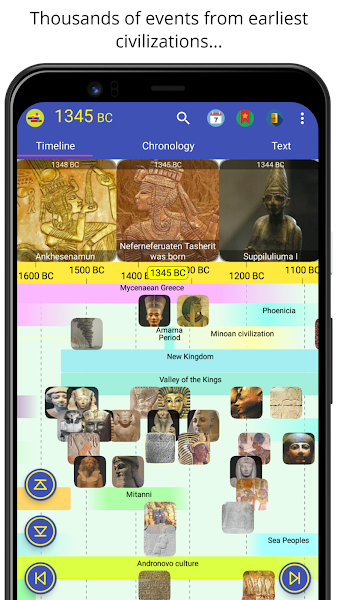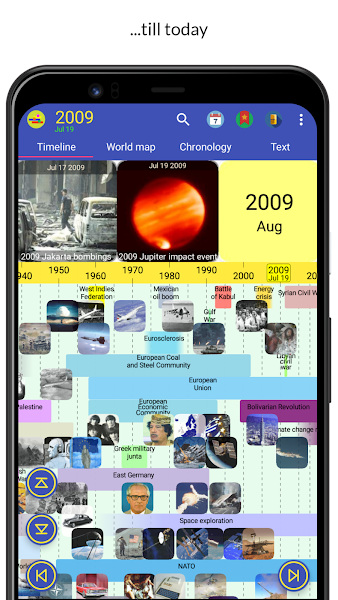Ancient civilizations such as Mesopotamia, Egypt, Greece, and Rome played a significant role in shaping the history of the world. These societies developed advanced systems of government, art, architecture, and technology that continue to influence modern society. Mesopotamia, located in present-day Iraq, was one of the earliest civilizations to emerge, known for its innovations in agriculture and writing. Egypt, on the other hand, is famous for its pyramids and rich mythological traditions. Greece and Rome are known for their contributions to philosophy, law, and governance, laying the foundations for Western civilization.
 |
 |
The Age of Exploration and Colonialism
During the 15th to 18th centuries, European nations embarked on a period of exploration and colonialism that had far-reaching consequences for the world. The Age of Exploration saw European sailors such as Christopher Columbus, Vasco da Gama, and Ferdinand Magellan navigate new trade routes and establish colonies in Africa, Asia, and the Americas. These voyages not only led to the exchange of goods and ideas between continents but also resulted in the exploitation and displacement of indigenous peoples. The legacy of colonialism continues to shape global politics and economics today.
The Industrial Revolution and Modernization
The Industrial Revolution, which began in Britain in the late 18th century, marked a period of rapid industrialization and urbanization. New technologies such as the steam engine, the spinning jenny, and the telegraph transformed the way people lived and worked, leading to the rise of factories and the growth of cities. The Industrial Revolution also spurred economic development and imperialism, as Western nations sought to expand their influence and control over territories rich in natural resources. This era of modernization laid the groundwork for the technological advancements and global interconnectedness that define the modern world.
The World Wars and the Cold War
The 20th century was marked by two devastating world wars that reshaped the geopolitical landscape of the world. World War I, fought from 1914 to 1918, saw the collapse of empires and the redrawing of national borders. The Treaty of Versailles, which ended the war, imposed harsh penalties on Germany and laid the groundwork for the rise of fascism in Europe. World War II, fought from 1939 to 1945, resulted in the deaths of millions of people and the destruction of cities across the globe. The aftermath of the war led to the division of Europe into East and West, as the United States and the Soviet Union engaged in a tense standoff known as the Cold War.
The Post-Cold War Era and Globalization
The end of the Cold War in 1991 marked a new era of globalization, as advances in technology and communications facilitated greater interconnectedness between nations. The fall of the Soviet Union and the spread of capitalism led to the expansion of free markets and the rise of multinational corporations. The internet and social media have revolutionized the way people communicate and do business, transcending national boundaries and creating new opportunities for collaboration and exchange. However, globalization has also led to widening economic disparities and environmental challenges, prompting calls for greater cooperation and sustainability on a global scale.





















